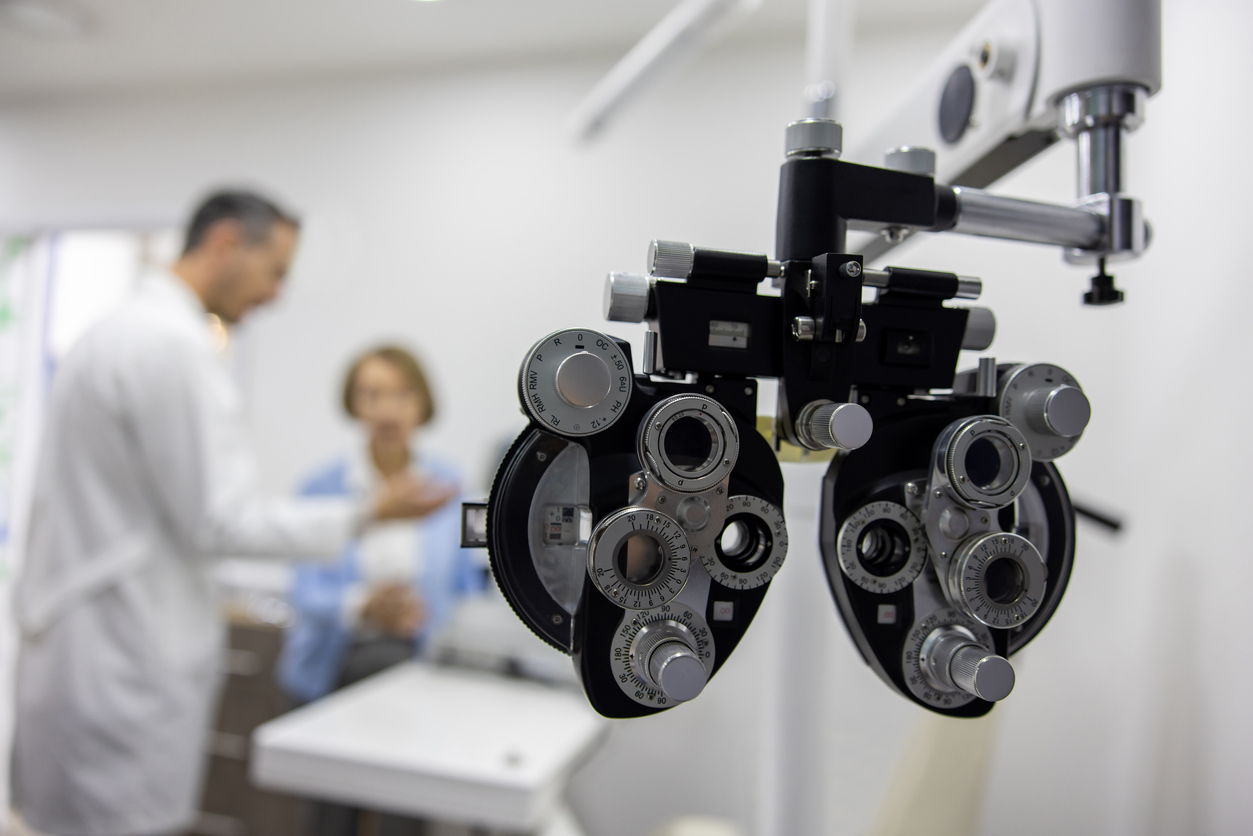There are several factors that will determine if you have a covered loss. Having a loss within the policy period is one important factor, but whether or not the event triggered coverage is just as crucial. The first question to ask: “Was there direct physical damage to covered property?”
What is direct physical damage, you ask? In most insurance policies, “direct physical damage” is not a defined term. Therefore, there have been several insurance losses that have ended up in litigation due to the lack of definition. Most people working in the insurance industry believe that “direct physical damage” means a distinct, demonstrable and physical change to the property. But what about losses that affect the property by contamination, odor or other irritants that are not visibly discernable? Are these losses covered?
This is the ongoing battle with the Covid-19 litigation that has affected practically every restaurant, bar, barbershop and small business that had to shut down due to the pandemic. Without direct physical damage to the insured’s property, does their insurance policy kick in? This battle will be going on for years in the courts and the outcomes will all be dependent on the precise language in each policy.
In the past, there have been claims where the policyholder was provided coverage even though there was not direct physical damage to the property. Some courts have found the loss of use of the premises is considered direct physical damage. For example, a business that had a gas leak inside the building had to shut down production due to a hazardous gas. There was no direct physical damage that one could view, but the loss of use of the building due to the gas was considered a covered event.
When there is direct physical damage to the property – like a tree hitting your house and damaging the roof and siding – it is clear to all that the insurance policy will provide coverage. What if your neighbor’s house catches on fire and soot is now on your siding? Will that be considered direct physical damage? The answer should be yes; there is coverage, but you may need to prove the soot is present.
As always, if you have any coverage questions or if you want your policy reviewed to determine if you have a covered loss, feel free to contact SMW Adjusters.




